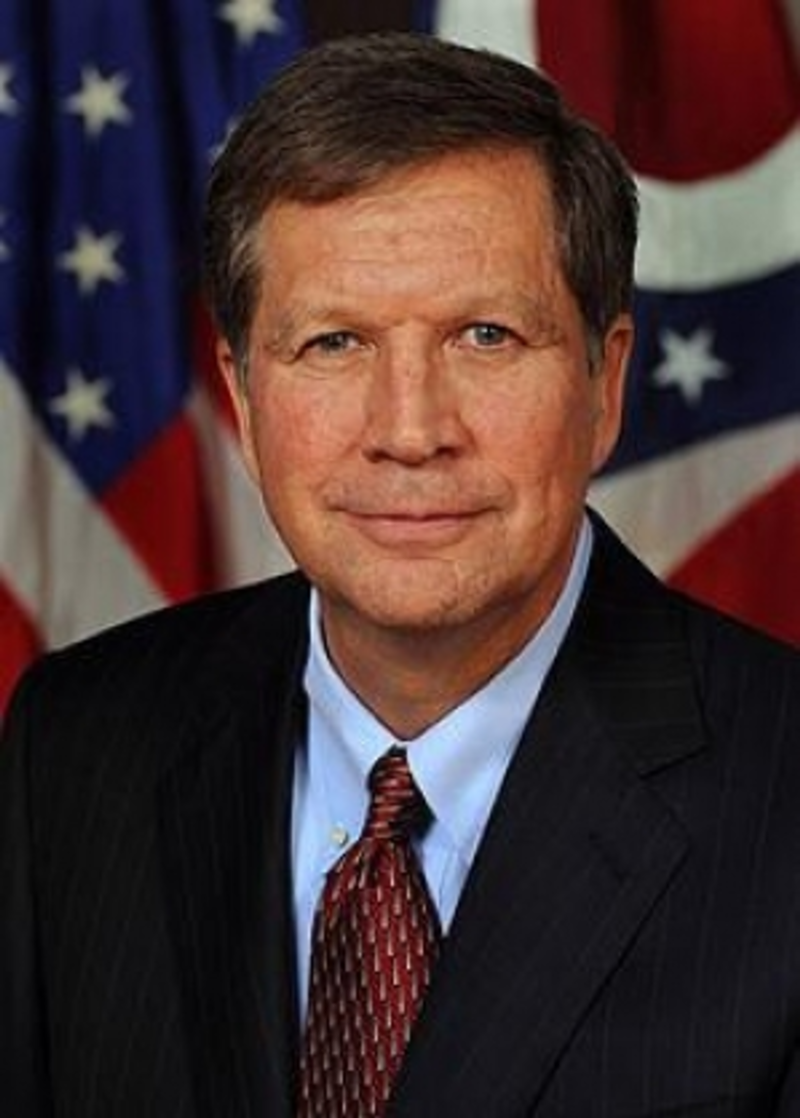Gov. John Kasich is refusing to work with Obamacare. In a letter to the U.S. Department of Health and Human Services, the governor today declined to have the state government run its health insurance exchange. With the move, the federal government will be put in charge of managing Ohio’s exchange.
Exchanges are subsidized, heavily regulated insurance markets that will go into effect in 2014 as part of Obamacare. They are supposed to bring down costs by offering more transparent, open competition through a fair, regulated marketplace. As part of Obamacare, states have to decide by Dec. 14 whether they’ll manage the exchanges or let the federal government do it.
Conservatives were quick to praise Kasich's decision. Americans for Prosperity applauded the choice in a statement. The Buckeye Institute put up a
blog post
calling the move “the right decision for Ohio.” The Coalition Opposed to Additional Taxes and Spending (COAST) called the move the right choice.At first, the choice seems like a contradiction for conservatives. After all, they’re the group that normally rails against a big federal government. Why let the federal government take over a new, major part of the health-care system? Rob Nichols, Kasich’s spokesperson, justified the decision in a statement: “Ohio would have no flexibility to shape an exchange to our needs and its costs will be so high that it just doesn’t make sense for the state to operate a health exchange under Obamacare.” In other words, even if the state managed the exchanges, it would still have to answer to the federal government.
In his letter, Kasich also stated Ohio will not give up its right to regulate the insurance market. So the federal government will have the final say on exchanges, but Kasich wants to keep the rest of the market under state regulatory control. The state will also keep control over deciding Medicaid and Children’s Health Insurance Plan (CHIP) eligibility.
Ohio is not alone in declining to supervise exchanges. Other states have signed off on letting the federal government manage them, including Florida and Texas.
Still, Republicans may want to proceed cautiously. Recent polling has shown that support for repealing Obamacare
has massively dropped
. That shift could reflect reality catching up to public opinion. Republicans tend to rail against Obamacare by saying it’s too expensive, but a Congressional Budget Office report found repealing Obamacare wouldincrease the deficit by $109 billion between 2013 and 2022
.

